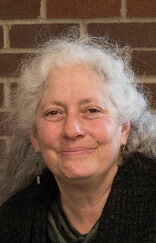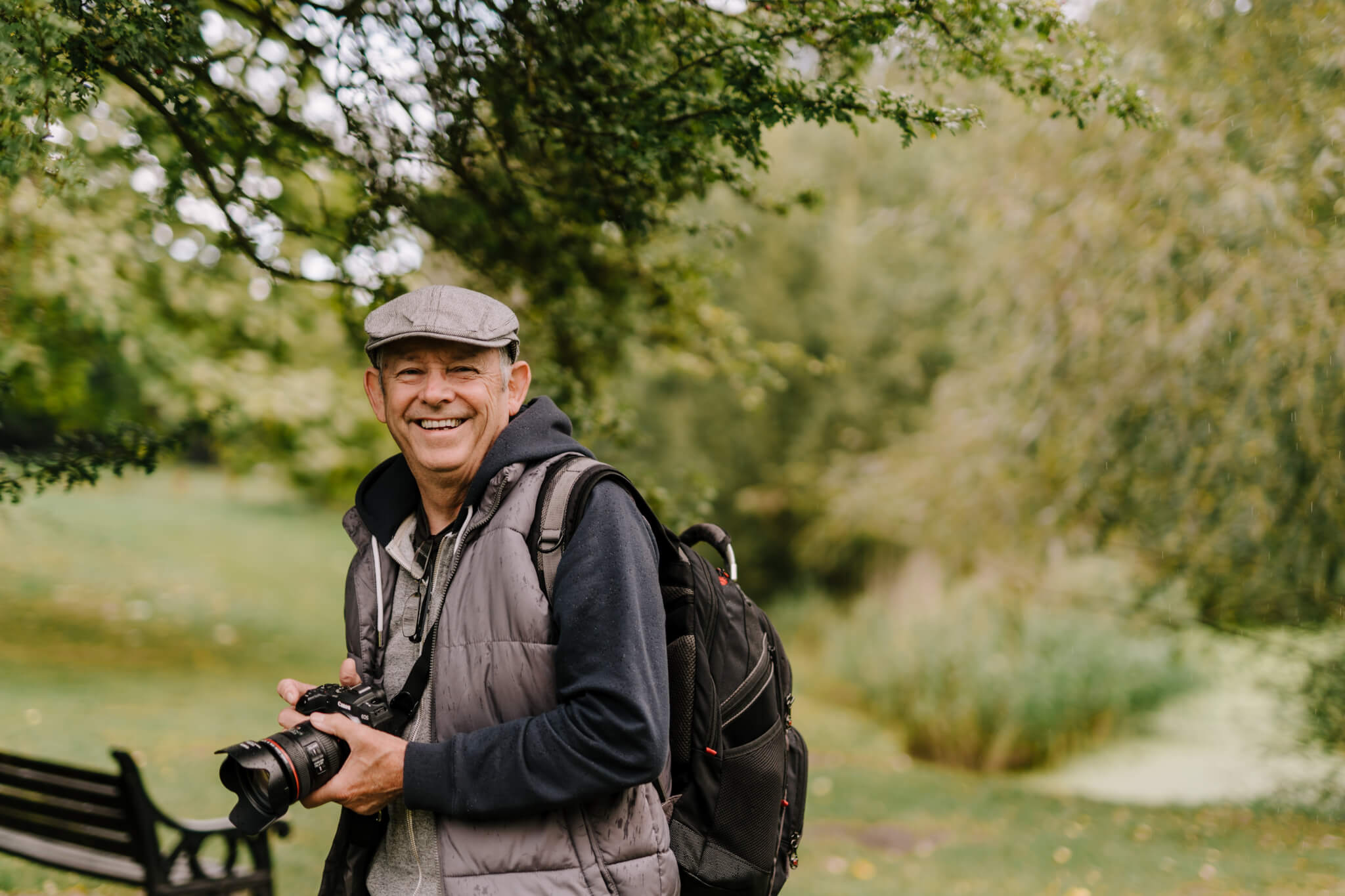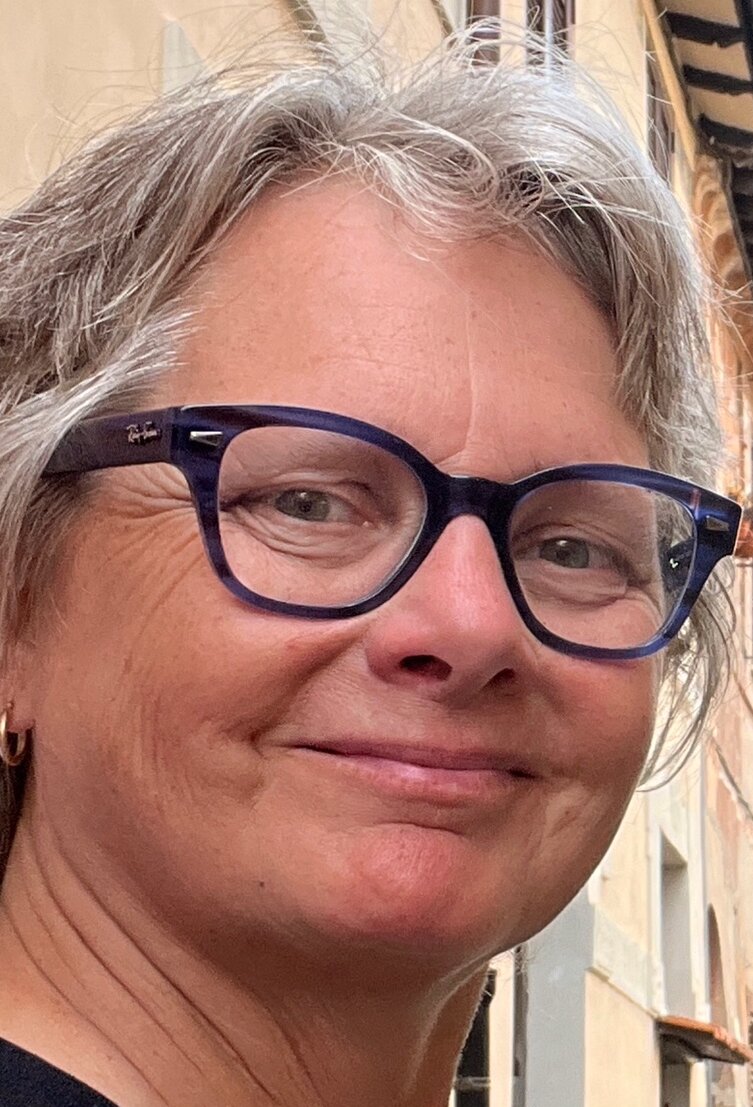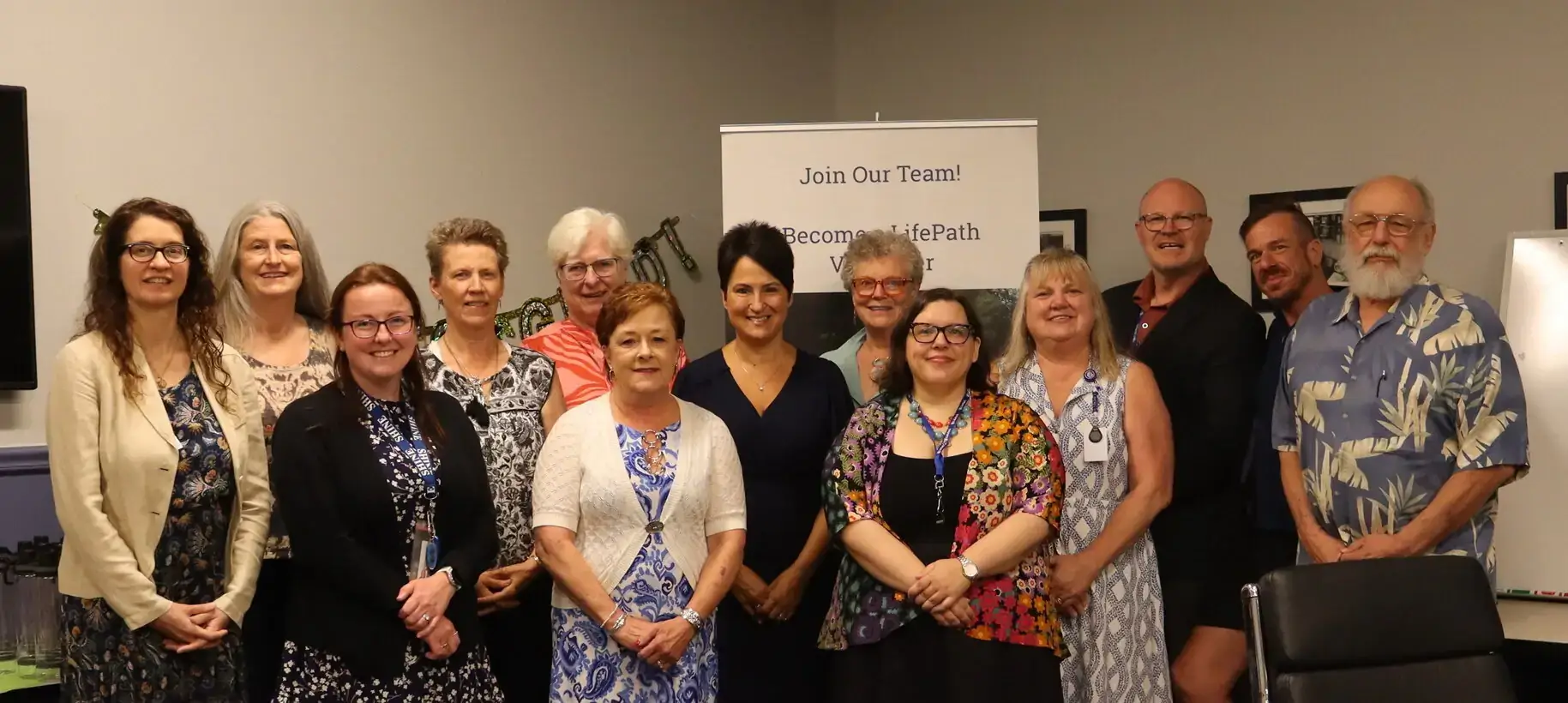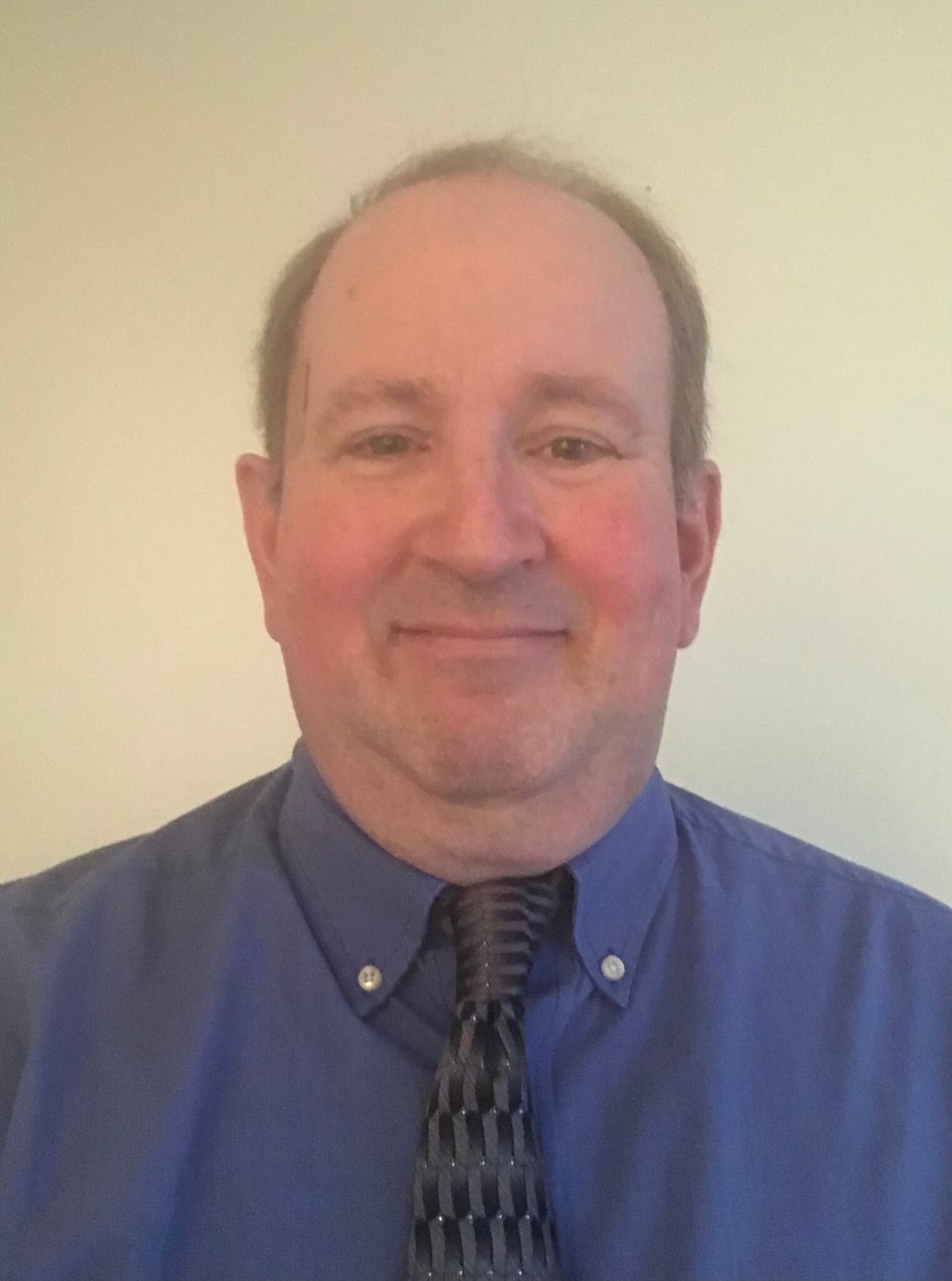As we have seen in national examples recently, it can be really difficult for those of us aging to decide when it is time to stop working. Some of us lose our sense of purpose and can get depressed and neglect our health. Others see retirement as a time to finally focus on ourselves, a long-awaited break from a lifetime of work. Some find it hard to let go, pass the torch, and come to terms with how we might have given enough. This is a complicated transition time for older adults that can have implications for our health.
We are hoping, through the stories of our peers, to capture the essential components of a happy, fulfilling retirement, as well as pitfalls to avoid in order to make this transition a positive one for more older adults.
During our recent Healthy Living monthly seminar series, Wellness Unplugged, the Healthy Living Department gathered a panel of 9 people who have retired or are thinking about retiring in the near future, to share their wisdom. Some retired over 15 years ago and some within the last 2-3 months. These speakers have worked in a wide range of professions including college professor, night shift hospital maintenance worker, attorney, teacher, nurse, and human service professional.
Here are the themes that emerged:
Plan, but stay flexible
We must learn to let go, relinquish control, and realize that the work we have done will go on without us. We must find ways to let go of our work responsibilities by trusting/training/turning over our responsibilities to the next generation. We must also plan for the financial loss of a job. Though many planned for retirement since they were young adults, others described the importance of staying flexible, expecting the unexpected, and staying agile. One of us is unexpectedly raising a great-grandchild. One of us has retired at least twice and then been wooed back for another job.
Manage finances
We should make plans for finances. Some of the panelists had pensions and some planned by living below their means for years. Some described starting to take careful accounting of every expenditure to make sure their money will last. Some have accepted the fact that they will not have a large savings to pull from in retirement and have learned to be at peace with a simple lifestyle and finding free and cheap activities. Many advised getting support for navigating the complex systems of Social Security and Medicare.
Fight boredom
Some of us explained that we are now free to engage in our passions instead of just our work. Some volunteer; some are playing ukulele, dating, taking care of grandchildren, making friends with boredom; and some are becoming social activists. Some are traveling (virtually or actually), singing, starting new relationships, and spending time with family. We were reminded of the abundance of opportunities (Eventbrite activities, public library free online programming; Zoom writing groups around the country). Many of us described the power of simplifying our life and being willing to let some activities and goals slip away. Several made lists of what they might want to do when they had time and are slowly checking off their lists, from house chores to hobbies.
Take our time
Several explained that though they thought the transition from working to not working would be challenging, they now feel like it is the easiest thing they have ever done. They advised embracing the challenge of not having to have something going on all the time and the power to explore for the first time things they have had interest in that they didn’t have enough time to pursue while working. People spoke of having the luxury of taking time for discernment, for talking with acquaintances at the grocery store, and the wonderful feeling of not needing to rush.
Prioritize our health
Almost all our speakers stressed the importance of staying healthy physically and mentally. They advised us to seek out circles of people that are diverse and compelling. Several speakers had unexpected health problems that inspired them to retire faster and some have been limited in their retirement by unexpected health challenges (insomnia, mobility challenges, etc.). So, whether it is joining a gym or the YMCA, or committing to a long walk every day, or taking a Healthy Living class, let’s support each other to be as healthy as possible so we can fully enjoy our retirement years.
We are honored in the Healthy Living Department to offer opportunities for older adults to gather with others and incorporate strategies that improve our health. Please join one of these FREE Healthy Living Fall Workshops:
-
Living Well with Long-Term Health Conditions
(In Person at Elm Terrace, Greenfield)
Techniques to improve symptoms of chronic conditions such as healthy eating, relaxation techniques, communicating, goal-setting, problem solving, and more.
Fridays, October 18 – November 22, 12:30 – 3:00 p.m. -
A Matter of Balance–Managing Concerns About Falls
(In Person at Bernardston Senior Center, Bernardston, MA)
Teaches practical strategies to reduce the fear of falling and explores medical, behavioral, and environmental risk factors for falls, stressing the importance of developing an exercise plan.
Wednesdays, October 2 – November 20, 1 – 3:00 p.m. -
Diabetes Self-Management
(Live Video Conference)
For adults with pre-diabetes or diabetes or their caregivers, this workshop teaches the basics of balancing medication, diet and exercise, techniques to deal with hyper/hypoglycemia and meal planning, stress reduction, and more.
Tuesdays, October 8 – November 19, 6 – 8:30 p.m. -
Living Well with Persistent Pain
(Live Video Conference)
Provides information and practical skills that build self-confidence and help participants assume an active role in managing problems specific to chronic pain, including fatigue, frustration, and poor sleep.
Thursdays, October 10 – November 21, 10 a.m. – 12:30 p.m. -
UCLA Memory Training
(In Person at Northfield Senior Center)
For people with mild age-related memory challenges, Memory Training teaches memory-enhancing techniques and practical strategies to boost memory functioning.
Thursdays, October 31 – November 21, 2 – 4:00 p.m.
For more information or to register, contact LifePath’s Information and Caregiver Resource Center, at 413-773-5555, ext.1230; 978-544-2259, ext. 1230; info@lifepathma.org; or visit our Healthy Living Workshops webpage.
